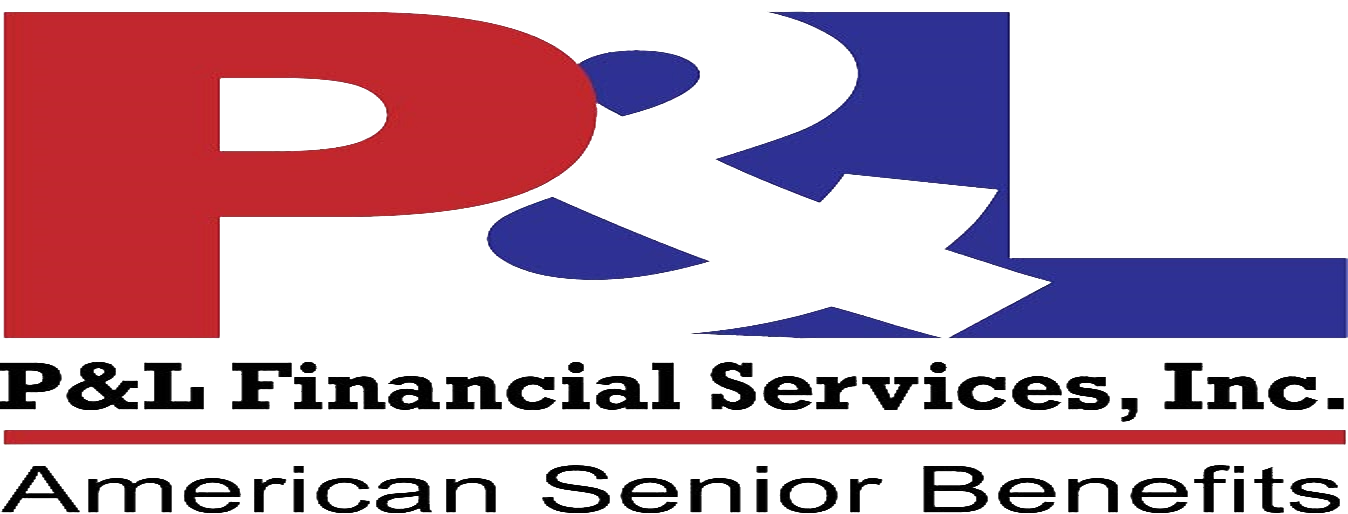If you have ever purchased an insurance policy, you were most likely confronted with some confusing or overwhelming terms. Insurance policies are full of many of which you may be unfamiliar with.
While you could disregard the meanings and hope for the best, you should not leave anything to chance regarding something as important as protecting your most valuable belongings. Luckily, we have you covered. Here are some of the most common insurance terms you may encounter while dealing with insurance.
Common Insurance Terms
Some insurance terms are specific to their line of business. But many are used throughout the industry, regardless of which policy you are referring to. The following are some examples of these.
- Declarations Page: A declarations page is the section of an insurance policy that outlines the most critical aspects, such as the name and address of the insured, policy number, coverage limits, and deductibles.
- Deductible: A deductible is an out-of-pocket expense the insured pays before insurance kicks in. For example, if you have a $500 deductible for collision on your car insurance policy, you would be responsible for paying the first $500 for any repairs before insurance would pay the rest.
- Endorsement: Any change to a policy is considered an endorsement. Endorsements can also be a form issued to either add or remove coverage on a policy.
- Peril: Perils are the events for which you are covered in your insurance policy. Fire, theft, vandalism, wind, and hail are perils.
- Premium: An insurance premium is the price of your policy.
- Underwriting: Underwriting is a method of an insurance company determining the probability of loss for specific risks and either accepting or rejecting it. Underwriting also helps figure out the correct price to charge for the risk insured.
Coverage Terms
The following are common terms you may come across regarding insurance coverage.
- Actual Cash Value: Actual cash value is a way to evaluate the cost of replacing property. This evaluation considers the item’s depreciation when determining what it is worth.
- Exclusion: Exclusions are events that your insurance policy will not cover. For example, home insurance policies have floods and earthquakes as exclusions. This means that there would be no coverage if your home is involved in a flood or earthquake.
- Liability: The term “liability” refers to any event for which you are legally responsible. In many insurance policies, liability coverage will help pay for any damage you cause to another person or object. If you are driving a car and hit a pole, you are legally liable to pay for those damages.
- Named Peril: If you have a policy that indicates coverage on a named peril basis, it means that you are covered for events specified in the policy. Home insurance, for example, usually has 16 named perils for which there is coverage. Any other peril would be excluded or needed to be added by an endorsement.
- Open Peril: The opposite of a named peril policy is an open peril policy. This means that you are covered for every peril or event that could potentially happen unless it is expressly excluded.
- Replacement Cost: Replacement cost is another property valuation method. However, it does not use depreciation to determine the amount given for the property replacement.
In Conclusion
Insurance contracts can contain many confusing terms, and it is easy to become overwhelmed. But knowledge is power, especially with the most important assets you want to protect.
Understanding the definitions of common insurance terms, you may come across is helpful as you navigate various policies. Always read carefully and ask questions if you find a term you do not know. You will be glad you did!



